How to Pick the Best Cat Food
What is the best cat food for indoor cats? Understanding a cats' biological needs helps narrow down what the best cat food is. This guide will cover what cats need in their diet, focusing on high-moisture, high-protein, and low-carbohydrate choices.
The Importance of High Moisture
Moisture is one of the most important aspects of choosing a food for your cat as proper hydration is crucial for maintaining kidney and urinary tract health. All of our modern house cats have evolved from desert-dwelling wild cats who received most, if not all, of their hydration from their eating their prey. A mouse caught in the wild is about 70-80% moisture, whereas kibble is about 10% moisture. Evolving in the desert has given cats a very natural low thirst drive and they can suffer from dehydration if they don’t consume enough moisture through their diet.
When selecting a cat food to serve as the primary diet or a supplementary addition to kibble, look for options that contain at least 70-80% moisture.
The Necessity of High Protein
Cats are obligate carnivores, meaning their bodies are designed to thrive on a diet rich in animal-based protein. High protein content is essential for maintaining muscle mass, energy levels, and overall health.
A protein-rich diet also provides essential amino acids that cats cannot produce on their own. Taurine, for example, is vital for heart health, vision, and reproductive function. When choosing a diet for your cat, ensure it is primarily made from high-quality animal protein sources, such as chicken, turkey, beef, or fish.
Always check the ingredient label first and look for products that list meat as the first ingredient, ideally followed by organ meats and a small amount of natural fats. Avoid fillers and by-products, as these can dilute the quality of the protein and compromise your cat’s health. A diet that prioritizes high-quality, bioavailable protein will keep your cat energetic and vibrant.
The Case Against Carbohydrates
Cats have NO dietary requirement for carbohydrates. In fact, high-carb diets can lead to various health problems in cats, including obesity, diabetes, and gastrointestinal issues. Cats derive their energy primarily from protein and fat, not carbohydrates. High-carb foods can spike insulin levels and lead to weight gain, particularly in indoor cats who are less active. When selecting a diet, ensure it is low in carbohydrates, ideally below 5%.
Steer clear of cat foods containing grains, potatoes, and other high-carb fillers. Instead, focus on products that utilize meat, organs, and small amounts of vegetables. These ingredients provide essential nutrients without the negative impact of carbohydrates.
Choosing the Best Cat Food for Kittens
Kittens are at a crucial stage of development and require more calories than adult cats to grow. As imprint eaters, their early experiences with food will influence their preferences for life. Introduce your kitten to a variety of textures and flavors early on to reduce the chance of picky eating. Offer food at different temperatures—some slightly warmed, others at room temperature, and some chilled—to see what your kitten prefers. Ensure you're choosing a food that is Complete & Balanced for All Life Stages, as this means it is nutritionally appropriate for growing kittens.
Choosing the Best Cat Food for Senior Cats
As cats age, their nutritional needs sometimes change. Senior cats may face various health challenges that require special attention to their diet.
High moisture content is even more crucial for senior cats. Ensure their food has high moisture levels to aid kidney function and prevent urinary problems. This will also help maintain hydration, which can be especially beneficial for aging felines.
Consult with your veterinarian about any specific health issues your senior cat may have. Some may require specialized diets, such as those low in phosphorus for kidney health. A vet can guide you in selecting the right diet that meets your senior cat’s unique needs.
Try Raw Food for Cats
A raw food diet is ideal for serving your cat's needs and providing the food they were biologically hardwired to thrive on! Quest raw cat food diets offer 95% meat, organs, and bone with 5% value-added ingredients. All our foods are formulated to be Complete & Balanced for All Life Stages, meeting or exceeding AAFCO Cat Food Nutrient Profiles for all cats, from kittens to seniors.
With carefully selected ingredients to fulfill nutrient requirements, we never use synthetic vitamin packs or other synthetic additives.
Get 25% off your first purchase with code PURR25.
Worried your finicky feline won't try a new food? Check out our transition guide for picky cats!



